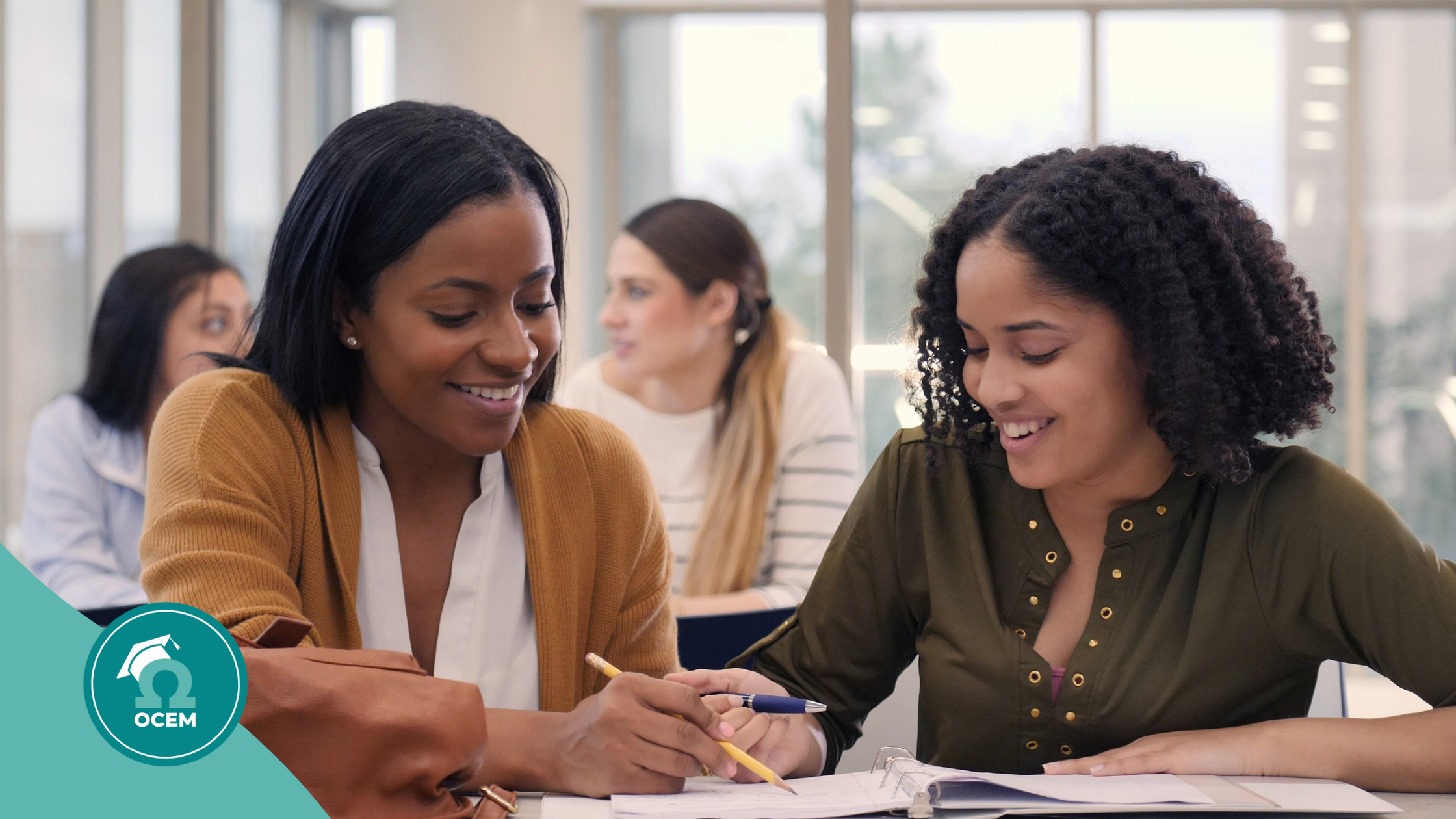Reliable today, resilient tomorrow: the impact of trust in learning
“For there to be betrayal, there would have to have been trust first.”
Building trust is difficult for children with social, emotional and mental health (SEMH) needs.
They’re often defensive and closed off due to past experiences where they’ve been let down or misunderstood.
These children likely feel unsafe and unable to relax, making learning feel impossible.
OCEM provides an individualised learning environment away from mainstream education. Our focus lies heavily on children’s emotional, social and mental wellbeing.
Only when those needs are met, can they begin to relax enough to make space in their life for learning.
This is how we build trust.
Why SEMH children struggle with trust
Imagine having your life in the hands of people who hardly know you and don’t understand you on top of feelings of anxiety, depression, fear and confusion that have resulted from trauma inflicted by the adults around you.
Whether that’s neglect, abuse or having a learning disability that seemed to have caused chaos around you. These children are often in fight or flight mode from a young age—causing them to try to communicate and process how their internal world feels through behavioural outbursts or social isolation.
They frequently have their needs assumed for them. Those measures don’t always work, which means the child is handed over to another stranger to try something else. There’s little sense of security and no consistency in this routine.
The more they’re misunderstood, the higher their emotional walls go. Trust becomes a distant concept and it’s hard for them to believe that anyone truly has their best interests at heart.
But we do.
How OCEM builds trust
“You cannot make people learn. You can only provide the right conditions for learning to happen.”
Our expertly tailored approach is truly the gateway to establishing trust.
When students first come to us, they’re often hypervigilant and display challenging behaviours, pushing us away to defend themselves against another disappointment. Safeguarding and patience are crucial, as things can easily escalate.
What do we do?
We show up. We’re consistent. We’re persistent.
We go as slow and steady as required—deconditioning them from the negative responses they’re used to, like anger or frustration from adults. When they up the ante to get a reaction, we don’t rise to it.
A key part of this process is finding their interests and shaping learning around them. By truly listening to them, we help them explore and validate their feelings. This not only builds trust but models the empathetic behaviour we hope they’ll adopt over time.
When they realise that we’re here to stay, that we genuinely care about their wellbeing, their walls slowly start to come down. Only then do we have opportunity to start filling in their educational gaps and preparing them for a brighter future.
Taking note of the signs
How do we know when we’ve acquired trust?
Well, the signs are easy to spot and tremendously rewarding.
A visible relaxation occurs. Tense shoulders drop and the child comes out of their shell. They become more playful and engaged in age-appropriate activities, allowing themselves to be children again. They grow more interactive, attentive and open to learning. They truly settle into our care, knowing that they’re finally in good hands.
Joshua* transformed under OCEM’s care.
*Name changed for privacy reasons
Joshua was a boy aged 12 with autism who only left his room at night. We spent weeks slipping notes under his door that simply said, “Hello!”. It took about a month for him to respond and after two weeks of back-and-forth exchanges, he finally popped his head out to meet his tutor.
Curiosity got the better of him and he began to meet us outside his room. After around 6 weeks, we ventured to local parks, helping him step out of his comfort zone. This transformation was only possible through dedication and patience. Eventually, he enrolled in an Alternative Provision and joined a cooking programme (he loved cooking!). His hard work paid off when he earned a BTEC, allowing him to take his studies further.
Begin your journey with OCEM
Children won't make any real academic progress until they feel settled. It’s that simple.
Learning is an emotional experience. When they know they’re safe, their ability to learn greatly increases. By creating a solid foundation of consistency and security, we pave the way for their growth.
Patience and professionalism are essential in this journey. Our focus remains steadfast on being there for them, showing that trust can truly be rebuilt, no matter the challenges they face.
Get in touch to discover what we can do for you.

